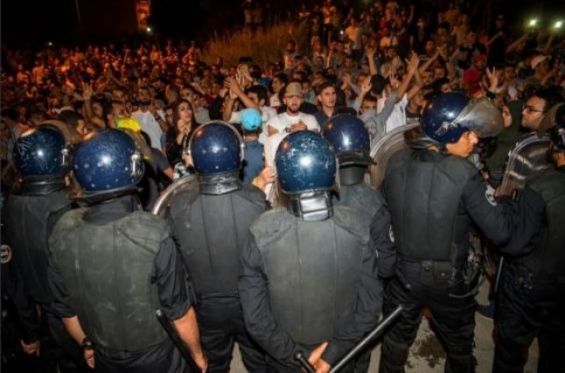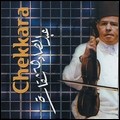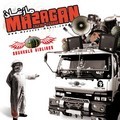According to its 2018 World Report, issued on Thursday, Human Rights Watch (HRW) insists that Morocco has responded in a repressive way to demonstrations that took place throughout 2017. Assessing the human rights situation in the country, the NGO put under the spot light the way authorities dealt with the Hirak Rif movement.
«Security Forces allowed many street protests to proceed against the central government’s alleged neglect of the region’s needs, but, starting in May, moved to arrest activists of the so-called Hirak Rif movement, beating and abusing many of them», observed HRW. Indeed, in May 2017, Nasser Zefzafi, the leading figure of the popular movement, was arrested. «A court imprisoned a well-known journalist-commentator on dubious charges relating to inciting the Hirak Rif demonstrations», said the same source referring to Hamid Mahdaoui, head of Badil.info, an online newspaper.
Commenting on these arrests, Human Rights Watch stressted that Morocco’s new Press and Publication Code, adopted in July 2016, «eliminates prison sentences yet imposes fines and court-ordered suspensions». Yet, this new law maintains imprisonment as a punishement for journalists who cross the Rubicon: the offenses punishable by law include an offense to Islam, the monarchy and the person of the King.
Sarah Leah Whitson, Middle East and North Africa director at Human Rights Watch explained that : «there are spaces to express dissent in Morocco, but when it comes to sustained and mass protest, the police and the judiciary tend to shut down protests and neutralize activists in short order», she added saying that «if Morocco is to set itself apart from the region’s downward trend on rights, it needs to release all Rif protesters detained or convicted for nonviolent assembly or speech.»
Protecting domestic workers
On the other hand, the NGO lauds Morocco for having taken «positive measures», when it comes to the migration crisis: «the Kingdom continued to recognize, de facto, the refugee or asylum-seeker status of foreigners in Morocco, when the United Nations Refugee Agency conferred it on them». It also highlights the residency permits granted to Syrian refugees and Sub-Saharan migrants.
However, the organization warns the Kingdom against the pending draft law regarding domestic violence, urging the country to implement measures in favor of domestic workers.




 chargement...
chargement...












